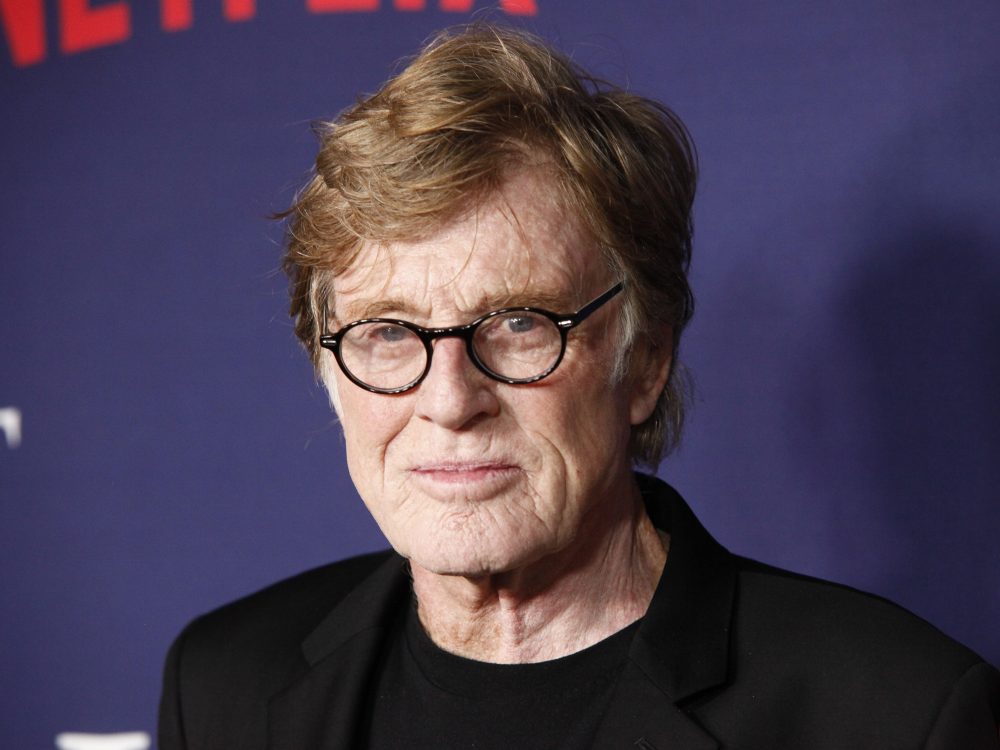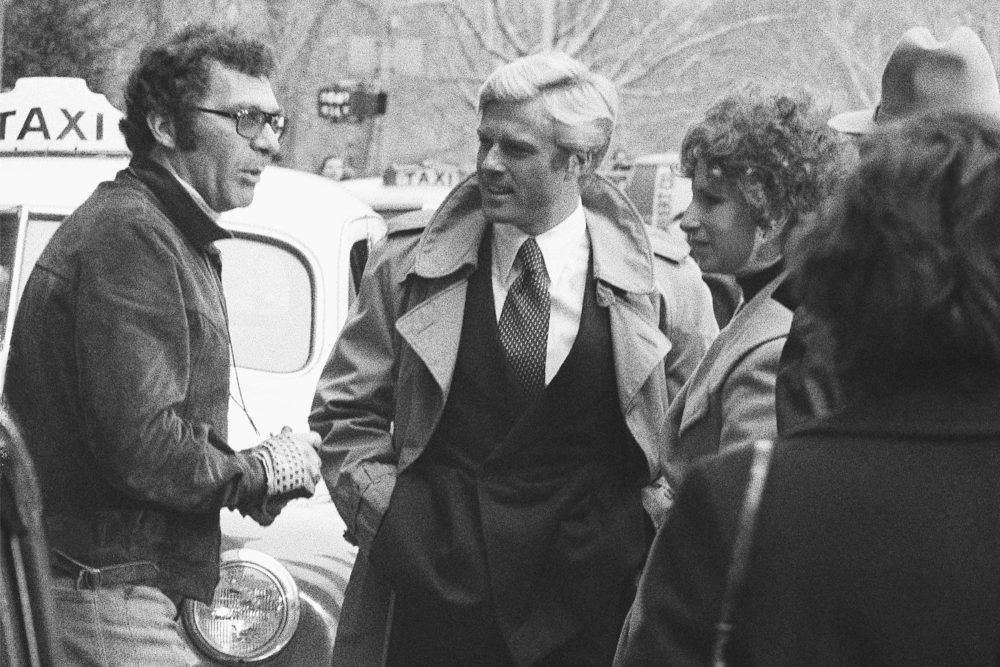During a visit to Bowdoin College in April 1982, actor and environmentalist Robert Redford talked about the price of fame and how he had always wanted to just be an ordinary person.

“If you’re treated like an object, you act like an object, then you are an object,” he told the crowd of about 1,000 during a 90-minute conversation with students.
Redford died Tuesday at the age of 89, remembered as one of Hollywood’s iconic leading men, an Oscar-winning director and a longstanding environmental advocate. His acting credits included the classic films “Butch Cassidy and the Sundance Kid,” “All the President’s Men,” “The Way We Were” and “The Natural.” He won a Best Director Oscar for the 1980 drama “Ordinary People.”

He was also a founder of the nonprofit Sundance Institute, which presents the annual Sundance Film Festival in Utah.
Redford came to Bowdoin in 1982 at the invitation of a student who wrote him a letter asking him to speak, according to a story in the Times Record. He told the audience he had only spoken at three other colleges – Harvard, Yale and UCLA – but wanted to visit because he had so few opportunities to speak to young people about politics.

During the talk, he also spoke about his loss of anonymity after he became a famous actor, saying he used to be able to hitchhike across the country, or draw sketches of strangers, but no longer. Trying to drive around the country meant being followed by caravans of cars driven by fans, forcing him to check out of hotels in the wee hours to avoid them.
“I couldn’t look at them anymore because they were looking at me,” he said.
The Times Record story noted the heightened security Bowdoin officials employed, out of fear that Redford’s high profile would create chaos.
Redford returned to Maine in May 2015 and was the commencement speaker at Colby College.
His keynote address to 488 graduating students, including his grandson Conor James Schlosser, offered direction and wisdom.
“After you leave this school, where you’ve had the security and the comfort of the school itself and your friends, when you step out of that, you’re stepping into a world that’s well, it’s pretty rough, pretty chaotic,” Redford told the graduates. “It’s divisive. You have climate change. You have debt. Wars. It’s kind of a grim story, but I think the story can be re-told and I think you’re the ones to do it.”

Redford described himself as an easily distracted elementary school student who would often draw stories for himself under his desk. Instead of punishing him for not paying attention, Redford’s third-grade teacher saw that his classmates were delighted with his drawings and allowed him to draw pictures weekly for the class, as long as he promised to pay attention. He then asked the graduates to focus on two words: hope and collaboration.
“Compromise is supposed to be the definition of politics. It’s the art of compromise, but we don’t see it. Obviously something has to change, and I think you’re the ones to do it,” he said.
Redford recalled the movie “All the President’s Men,” in which he plays Washington Post reporter Bob Woodward in the newspaper’s investigation of the Watergate scandal. The movie was released in 1976, but years later Redford said he was prompted to review the archival footage when a television station asked him to consider revisiting the story.
“Looking at the footage, there was a moment that stunned me,” Redford said. “The Watergate hearing committee was made up of people from both sides of the aisle — Republicans and Democrats — and what really stunned me was how this panel was working together to get to the truth. I thought, ‘Wow, there was a time.’ It is possible. It can be done, and I think I’m putting it in your hands.”
Material from the Associated Press was used in this report.

We invite you to add your comments. We encourage a thoughtful exchange of ideas and information on this website. By joining the conversation, you are agreeing to our commenting policy and terms of use. More information is found on our FAQs. You can modify your screen name here.
Comments are managed by our staff during regular business hours Monday through Friday as well as limited hours on Saturday and Sunday. Comments held for moderation outside of those hours may take longer to approve.
Join the Conversation
Please sign into your CentralMaine.com account to participate in conversations below. If you do not have an account, you can register or subscribe. Questions? Please see our FAQs.